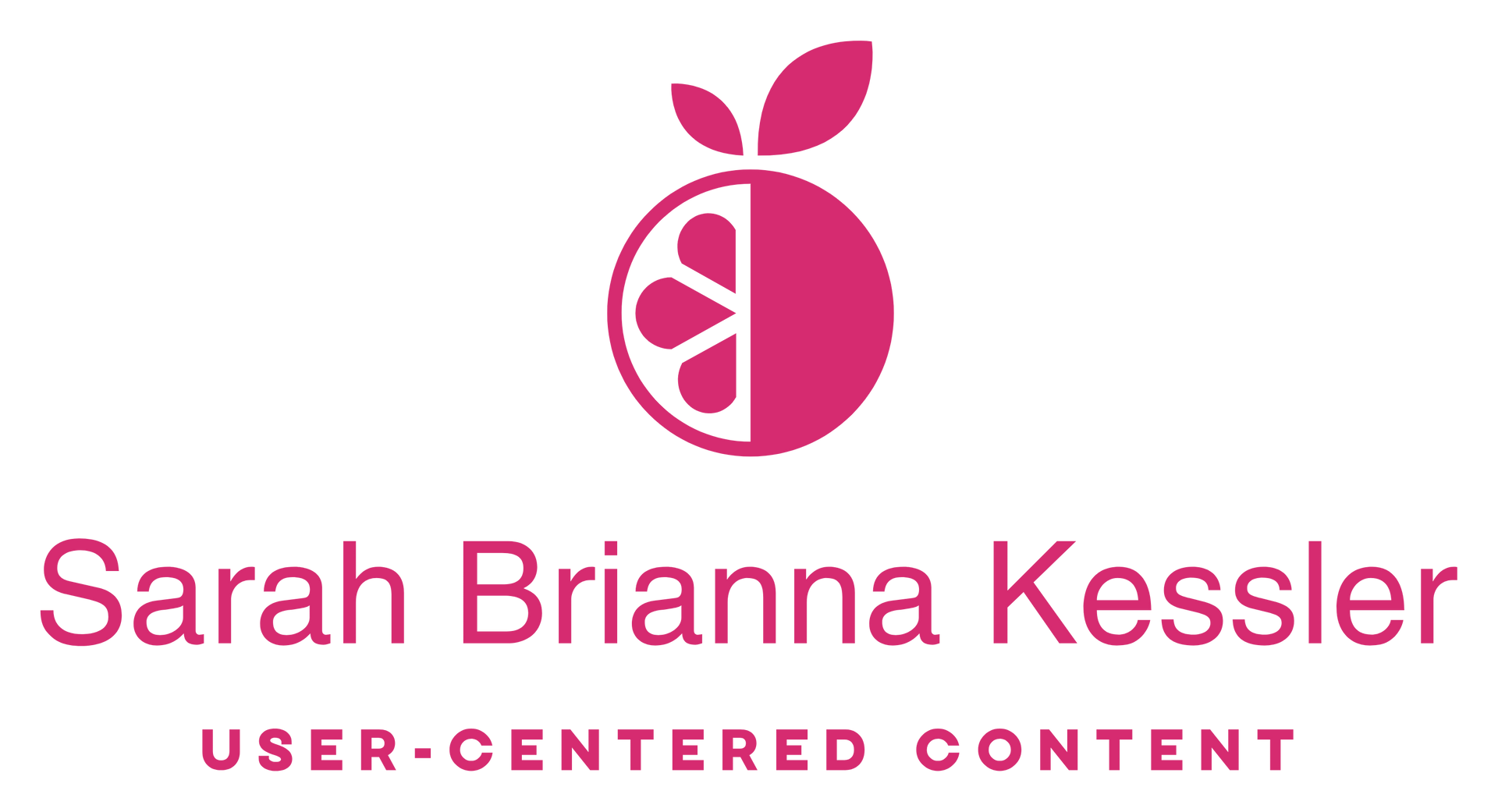What is UX for SEO? Letting UX Guide Content Strategy

So often, user experience and SEO teams unnecessarily butt heads within an organization and within marketing strategies. Each team might appear to target different foundational goals: pleasing the user vs. pleasing the algorithm.
But these two worlds are intricately intertwined; SEO and UX are really on the same team. SEO is all about the user experience. It's about putting the right content in front of the right person at the right time. This doesn't just make Google and your Ahrefs account happy; it also makes the user happy because they're getting what they intended to find.
At the same time, UX contributes in a big way to SEO. If a user has a terrible experience because of slow load speeds and excessive ads, their engagement will be low. This tells Google that this isn't a useful website, and that detracts from your search optimization results.
That's why UX for SEO is such an important area for investment within any organization that wants to grow online. Let's take a deeper look at this crucial relationship between UX and SEO and how they can come together for amazing results.
Understanding UX and SEO
First, let's take a step back and understand what each of these terms mean.
UX focuses on the user's journey through a website or app, aiming to create a satisfying, efficient, and engaging experience. It encompasses design, usability, and content, tailored to meet or exceed user needs and expectations. There's much more to UX than just user interface (UI). UXers go deep into user research, psychology, and human systems engineering.
SEO, on the other hand, optimizes a website to rank higher in SERPs, increasing visibility and driving organic traffic.
The connection between UX and SEO becomes evident when considering search engines' goal to provide users with the most relevant, highest-quality results. Modern search algorithms evaluate UX indicators such as page load time, mobile-friendliness, and content quality.
Blessedly gone are the days when the algorithm prioritized keyword stuffing and gamified tactics for improving a site's rankings. Now, Google's ongoing update process is constantly working towards fine-tuning the algorithm to imitate human interest and prioritize sites that offer the most helpful content.
Therefore, a website designed with a strong focus on UX is more likely to be favored by search engines, highlighting the symbiotic relationship between UX and SEO.
Boosting User Engagement and Visibility
Integrating UX and SEO strategies can significantly improve user engagement and website visibility. Optimizing for speed and mobile usage aligns with SEO best practices and enhances UX by providing quick, accessible information.
High-quality, relevant content satisfies user search intent and search engines' demand for valuable information, serving both UX and SEO objectives.
Structured Data and Navigational Efficiency
A logical, well-organized website structure benefits both users and search engines. For users, it means finding information quickly and effortlessly, while for search engines, it facilitates more efficient crawling and indexing. Internal linking not only guides users to related content, improving engagement, but also aids search engines in discovering new pages.
The Role of User Signals in SEO
User signals like click-through rates (CTR), time spent on site, and bounce rates are crucial metrics influencing SEO rankings. These metrics reflect user satisfaction and engagement levels. Websites that optimize UX to improve these signals can significantly boost their SEO performance, as they indicate to search engines the site's value to visitors.
UX for SEO: A Strategic Alignment
UX for SEO means strategically aligning UX principles with SEO goals. This approach recognizes that providing a superior user experience is inherently linked to improving a site's search engine visibility.
Key areas of focus include:
- User-Centric Design for Enhanced Visibility: A design that prioritizes users’ needs ensures the site meets search engine criteria for a high-quality website.
- Mobile Optimization: With mobile-friendliness as a significant ranking factor, optimizing for mobile is a critical aspect of UX for SEO, ensuring users have a seamless experience on any device.
- Content Optimization: Aligning content with user needs and search intent is vital, ensuring it not only ranks well but also fulfills user expectations.
In Conclusion
The fusion of UX and SEO is a testament to the evolving nature of digital marketing, where user satisfaction and search engine visibility go hand in hand. By embracing a holistic approach that integrates UX and SEO, businesses can create digital platforms that attract, engage, and retain visitors effectively. In a such a competitive content landscape, the symbiotic relationship between UX and SEO is not just beneficial—it's essential for achieving lasting online success.



